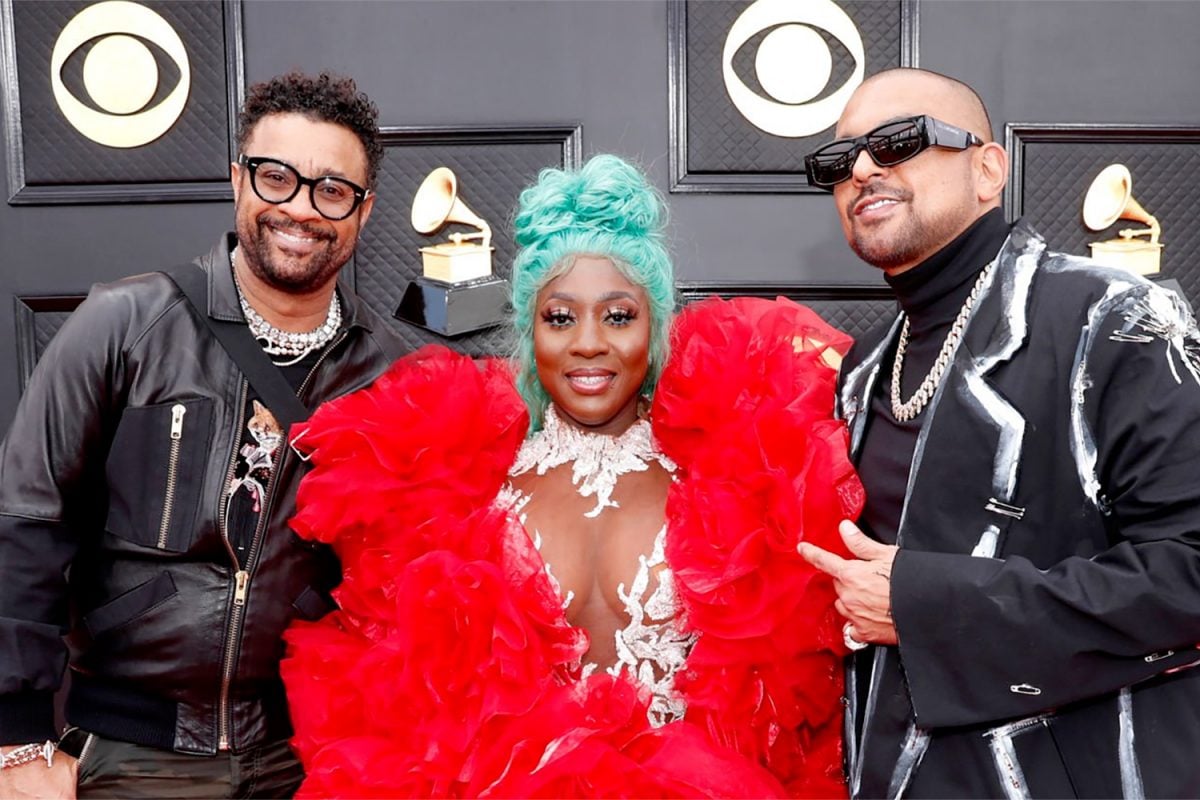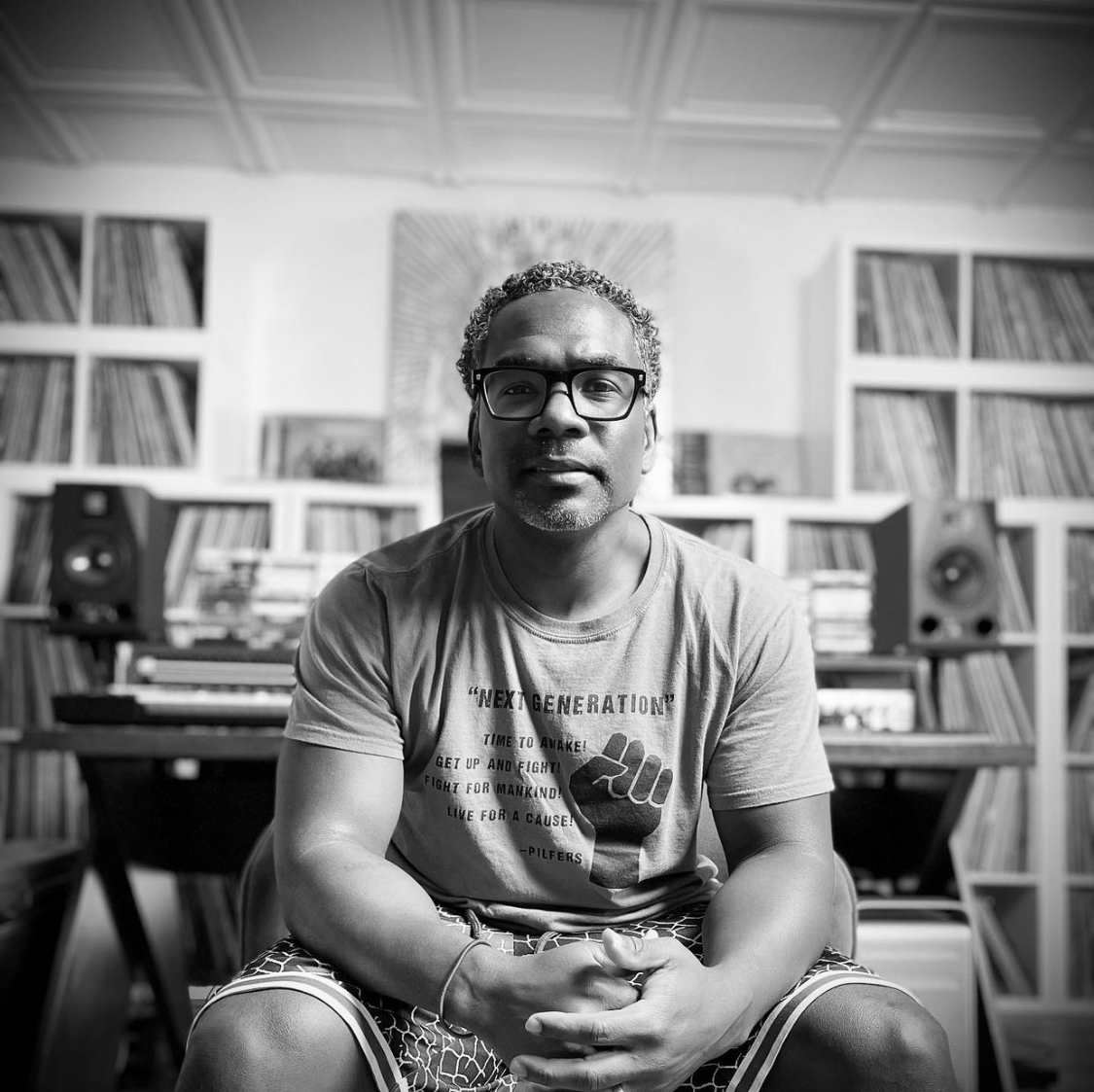Music Exec Nolan Baynes Says Get Better At Working Grammy Awards System Or Build Your Own

Music executive Nolan Baynes says the Grammy Awards are not necessarily curated for Reggae and Dancehall music and insists that Jamaican music professionals either band together to support local entertainment award shows or fully participate in the American system by becoming members of the Recording Academy.
“Bottomline, white people or Grammy people will not sympathize with us. They created the system and it was not for us. Strategically, if the goal is to be accepted by them and their system we have to be better at working their system. If we chose not to, we can not be mad. Maybe we should consider creating our own award shows!” Baynes said.
He was speaking to our affiliate World Music Views, following a wave of controversial discourse about SOJA’s Grammy win in the Best Reggae Album category at the 64th Annual Awards on Sunday. The Virginia-based band emerged as the winner ahead of Sean Paul, Spice, Etana, Gramps Morgan, and Jesse Royal and the Academy faced backlash from several Jamaican artists and many Reggae fans online. However, as recently as December 2020, Dancehall megastar Shaggy had to reiterate his call for qualified Jamaican music professionals to become members of the Recording Academy in order to exert their influence on the Reggae category.
“I have mixed emotions. On one side, Reggae is fulfilling its potential as a human music; a global music. It’s a spiritual music that should translate across color lines but in today’s world where black folks’ culture is being appropriated by the mainstream it’s difficult not to be upset,” Baynes said of SOJA’s win.

The exec went a step further and hinted at pervasive racism which, in his view, is engrained in the history of the Grammy Awards. According to him, the Recording Academy has not developed a legitimate appreciation for the Jamaican genres and other music of black origin.
“It’s a complex issue, and yet simple. We are literally begging to be recognized by a white-controlled award show with a terrible history of being true to most black art forms. Hip-Hop was victimized by the Grammys as well. So, part of me believes we shouldn’t fucking care bout dem damn award,” he added. “They don’t validate our art form, but like I said it’s complicated. I want us to be more organized and less entitled. I want us to celebrate our own art form by nurturing it and helping it grow. I want us to stop believing because we created it, someone will just do the right thing and mek sure we get the appropriate credit.”
Baynes, who once managed Reggae singer Nadine Sutherland, now works as an Entertainment Marketing Executive consulting with 300 Entertainment (Megan Thee Stallion, Young Thug, Gunna), and recently produced the Netflix film Bubba Wallace . He is also currently a managing partner at IAS Agency, a think tank that is heavily focused on brand marketing and tourism for Ghana, South Africa, and New Orleans.
Sunday’s show was the first time a predominantly white Reggae band won the award (Two members are Hispanic, one each from Venezuela and Puerto Rico). It was also the third time a non-Jamaican person or group has won in the Reggae category’s 37 year history. British band Steel Pulse had won in 1987 with their album Babylon The Bandit, followed by British singer Sting who teamed up with Shaggy for 44/876 in 2018.
He further said that the high level of negative emotions being expressed by Reggae/Dancehall fans and artists are valid, especially since the genres are art forms often used to express difficulties associated with the country or Black race.
“We are emotional about it, as we should be. It’s part of our identity, born out of struggle and the need reclaim our humanity. Certain people have the luxury of removing that level of emotions from the equation. They can argue that we don’t understand the voting process, or don’t consider it when we making the music in the studio. Frankly, more times man ah try mek a song with hopes of prolonging survival,” he said.
According to the Recording Academy, membership is open to creative or technical music professionals, such as singers, composers, producers, art directors, and engineers. Voting members must have been either producers, performers, or engineers on six or more tracks of a commercially released album or 12 or more digital tracks, a requirement that most of Jamaica’s music professionals of all ages, easily meet.
Prospective members are also required to provide two recommendations from their peers and must pay a $100 membership fee yearly.
